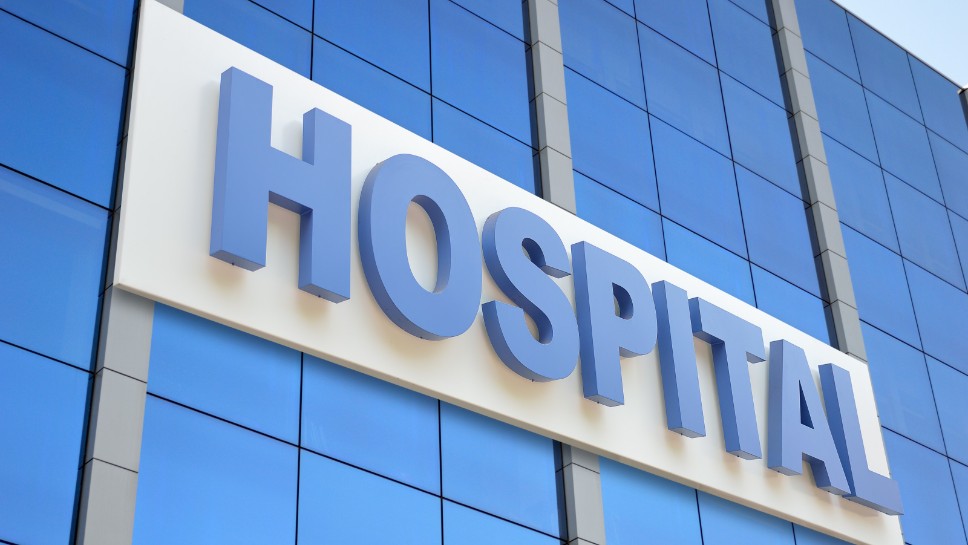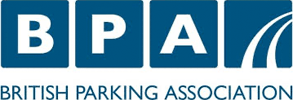
Hospital Parking
Many people who attend healthcare facilities, either as patients or visitors, expect car parking to be free.
We have long argued for hospital trusts to adopt best practice when offering parking services to patients, visitors and staff. If the car park users are being asked to pay for their parking, they should receive value for money through better facilities, a safe car park, and effective, fair enforcement.
The aim is for hospital parking to, be seamless, stress free, avoid penalising non-car owners and public transport users, improve air quality and avoid motorists having to park in residential streets near hospitals because the car park is full. It is a complex public policy to get right.
Why charge for parking at healthcare facilities?
Whilst many people, patients, visitors, or staff, expect parking to be free; limited spaces, costs and the urgent need to reduce vehicle emissions means that parking needs to be managed properly. Often the most effective way to do this is to charge.
Charging for parking recognises the:
- value of a car parking space
- needs of other users of the facility
- impact of car emissions on the environment
- need to maintain and improve car parks by reinvesting income.
Good quality, well designed and properly maintained parking provision is vital to the success of hospitals and healthcare facilities. Through the setting and raising of standards we believe that providing, managing and charging for parking at healthcare facilities needs to be seen in the context of providing a better, fairer and greener service to all the car park users.
Not charging for parking has many consequences:
- Healthcare budgets are used to pay for the parking facilities
Income from parking pays for the maintenance (lighting, security, resurfacing), parking enforcement, secure bike storage/showers and sustainable transport, and contributes towards patient care. - Staff who travel by public transport are financially penalised
It subsidises car owners, leaving others no choice but to pay the alternative travel costs, including train and bus fares. - Less income for trusts to invest in alternative travel choices to the hospital
An integral part of hospital trusts' sustainable travel plans is to provide bus services for staff, patients and visitors, and car share and bike schemes for staff. - Increased vehicle emissions by incentivising car travel
Free parking increases demand on limited spaces which increases cars circling for spaces and increases the vehicle emissions around hospitals. - Undermines NHS England’s plan to be a greener NHS
Free parking undermines trusts' work to not only increase sustainable travel but also for the NHS achieving net zero emissions by 2040. These are emissions the NHS could control directly (carbon footprint), and reach an 80% reduction by 2028 to 2032.
The Net Zero National Health Service published in 2020 requires NHS trusts to have a green travel plan which includes encouraging staff and patients to reduce vehicle use. This might include promoting active travel (walking and cycling), providing electric bikes, improving cycle paths, storage and shower facilities, and policies like parking priority for those car-pooling.
Should parking charges be abolished?
We do not believe hospital parking charges should be abolished. Healthcare budgets should be used to just that, healthcare. Car-borne visitors should pay for this service with exceptions for concessionary groups.
When parking charges were scrapped in hospitals in Scotland and Wales, patient accessibility didn’t improve. Instead, many parking spaces are taken by commuters and shoppers to the detriment of visitors, patients and staff. Free parking leads to overspill from hospital car parks with motorists parking on yellow lines, verges and nearby residential streets. sometimes blocking emergency vehicle access.
New concessions in England
From April 2021 NHS trusts in England were required to deliver concessions for those most in need, which we supported the government in doing:
- Disabled people - this is for holders of a valid Blue Badge attending hospital as a patient or visitor, or for a disabled person employed by the hospital trust. Disabled patients and visitors receive free parking for the duration of their attendance at, or visit to, the hospital. Disabled employees receive free parking while at the hospital for purposes relating to their employment.
- Frequent outpatient attenders - free parking will be provided to all out-patients who attend hospital for an appointment at least three times within a month and for an overall period of at least three months. A ‘month’ is defined as a period of 30 days.
- Parents of sick children staying overnight - this is for a parent or guardian of a child or young person, under 18 years of age, who is admitted as an inpatient at hospital overnight. They receive free parking between the hours of 7.30pm and 8am while visiting the child. This would apply to a maximum of two vehicles.
- Staff working night shifts - this is for members of staff with a shift commencing after 7.30pm and ending before 8am. They receive free parking for the duration of their shift.
This was a commitment made in the 2019 Conservative election manifesto here.
Current hospital parking guidance for England
NHS car parking guidance 2022 for NHS trusts and NHS foundation trusts was updated March 2022 which replaced the 2021 version and the 2015 ‘NHS patient, visitor and staff car parking principles’ otherwise known as Health Technical Memorandum (HTM) 07-03. The guidance has been updated to reflect the government’s manifesto commitments on free parking and response to the coronavirus (COVID-19) pandemic. Other elements of the 2015 principles are still applicable and are reiterated for clarity. Further information is available for NHS trusts in England on the Collaboration Hub.
What if parking isn’t managed by the hospital trust?
Where NHS trusts contract a third party to manage the parking on their behalf, we believe the parking operator should belong to an Accredited Trade Association that has an Approved Operator Scheme. Our Approved Operator Scheme has over 150 members who follow this Code of Practice.
Scotland
All car park charges were removed at NHS hospitals in Scotland and Wales in 2008 making them free for patients, staff and visitors. In 2021 the Scottish Government funded the buy-out of the three Private Finance Initiative-built hospitals in Scotland which were charging as well. This included NHS Greater Glasgow and Clyde, Glasgow Royal Infirmary (£26.3m) and NHS Tayside at Ninewells in Dundee (£9m), see announcement here.
Wales
Wales NHS trusts with contract commitments are required to reduce the charges to patients, staff and visitors, until the contract expires.
Northern Ireland
The Northern Ireland Assembly has officially removed parking charges from hospitals, and is in the process of making this a reality. Site work commenced in November 2024 to ensure the removal of car parking charges - by May 2026, this process will be complete with more than 200 cameras being installed across 16 sites.
How many hospitals in England charge for parking?
78% of all NHS parking spaces charge for visitor parking. The same data (ERIC returns 2019/20) suggests that around 75% of NHS trusts charge staff for parking. This is usually on a sliding scale aligned to staff salaries i.e. lower paid staff pay less.
Useful links
- NHS England Revenue, Finance and Contracting Guidance for 2022-23 (car parking p.36-37)
- NHS car parking guidance 2022 for NHS trusts and NHS foundation trusts updated 2022
- Health Technical Memorandum (HTM) 07-03
- BPA articles in the Health Business magazine: Behind the scenes in hospital parking 2024 (and here), What's going on in hospital parking now 2024, Free parking concessions at hospitals kick in 2021
- Estates Returns Information Collation (ERIC) data 2022-23 - 'Site data' file (column ET-EZ)
- NHS hospital car parking policies in the UK 2020 House of Commons Library Research Briefing
- Minister's reply to question on the average annual cost managing NHS hospital car parking here 2020
- BMJ blog - Caring for those who care—free parking is not it, 2020
